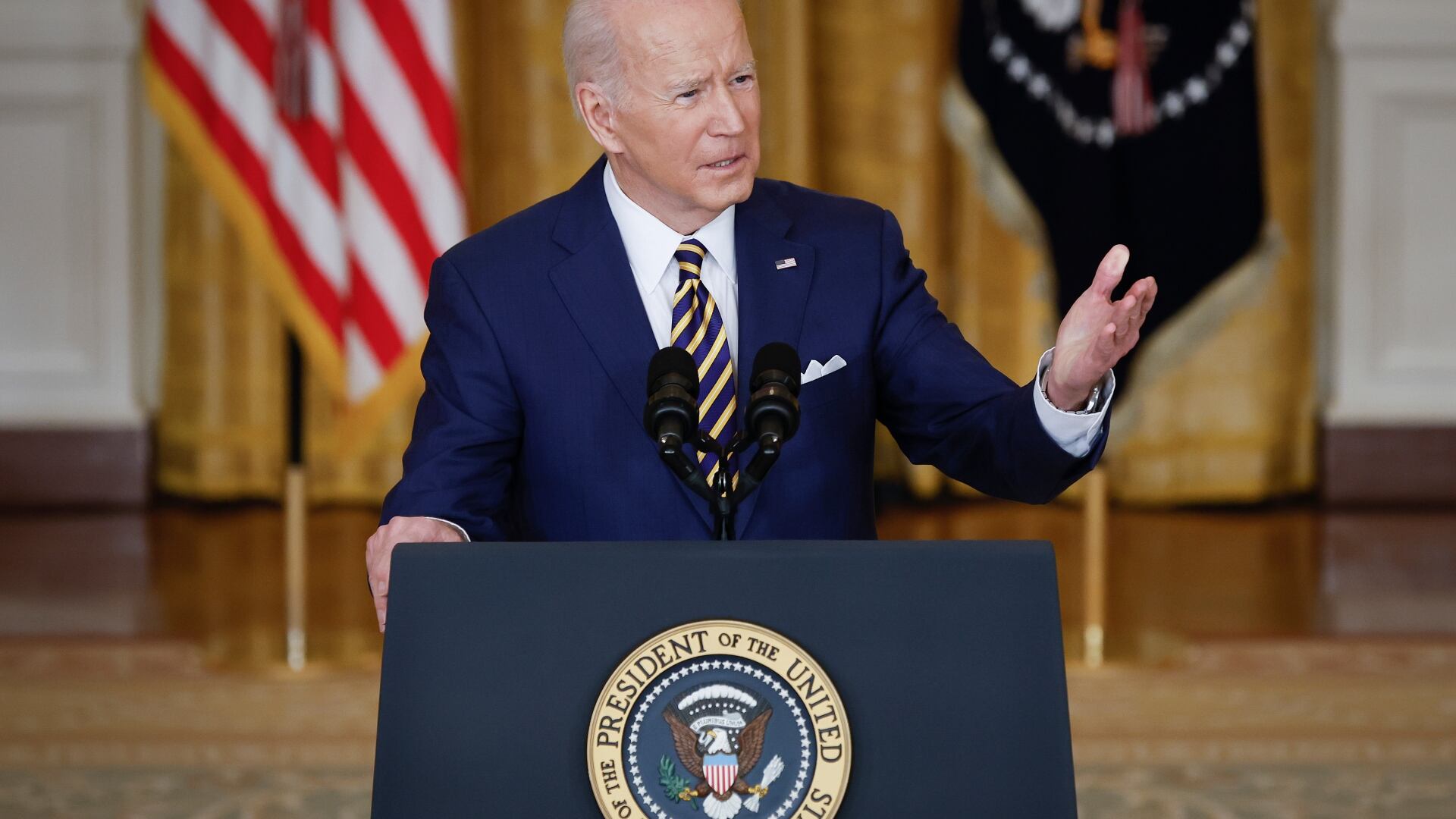By Kevin Freking
The Senate in a single stroke Tuesday approved about 425 military promotions after Sen. Tommy Tuberville of Alabama ended a monthslong blockade of nominations over his opposition to a Pentagon abortion policy.
Tuberville had been under pressure from members of both sides of the political aisle to end his holds as senators complained about the toll it was taking on service members and their families, and on military readiness.
President Joe Biden called the Senate's action long overdue and said the military confirmations should never have been held up.
“In the end, this was all pointless. Senator Tuberville, and the Republicans who stood with him, needlessly hurt hundreds of servicemembers and military families and threatened our national security — all to push a partisan agenda. I hope no one forgets what he did,” Biden said in a statement released by the White House.
Senate Majority Leader Chuck Schumer teed up the military confirmations for a vote just a few hours after Tuberville emerged from a closed-door lunch with fellow GOP senators and told reporters he’s “not going to hold the promotions of these people any longer.” He said holds would continue, however, for about 11 of the highest-ranking military officers, those who would be promoted to what he described as the four-star level or above.
There were 451 military officers affected by the holds as of Nov. 27. It’s a stance that had left key national security positions unfilled and military families with an uncertain path forward.
Tuberville was blocking the nominations in opposition to Pentagon rules that allow travel reimbursement when a service member has to go out of state to get an abortion or other reproductive care. The Biden administration instituted the new rules after the Supreme Court overturned the nationwide right to an abortion, and some states have limited or banned the procedure.
“Well, certainly we’re encouraged by the news,” Pentagon spokesman Brig. Gen. Pat Ryder said at a briefing Tuesday. “We continue to stay engaged with Senator Tuberville in the Senate directly, to urge that all holds on all our general flag officer nominations be lifted.”
Critics said that Tuberville’s tactics were a mistake because he was blocking the promotions of people who had nothing to do with the policy he opposed.
“Why are we punishing American heroes who have nothing to with the dispute?” said Sen. Dan Sullivan, R-Alaska. “Remember, we are against the Biden abortion travel policy. But why are we punishing people who have nothing to do with the dispute and if they get confirmed can’t fix it? No one has had an answer for that question because there is no answer.”
For months, many of the military officers directly impacted by Tuberville’s holds declined to speak out, for fear any comments would be seen as political. But as the pressures on their lives and the lives of the officers serving under them increased, they began to speak about how the uncertainty surrounding their next move was impacting not only them, but their children and spouses.
They talked about how some of their most talented junior officers were going to get out of the military because of the instability they saw around them, and they talked about how having to perform multiple roles because of so many vacancies was putting enormous additional stress on an already overworked military community.
The issue came to a head when U.S. Marine Corps Commandant Gen. Eric Smith suffered a heart attack in October, just two days after he’d talked about the stress of the holds at a military conference.
“We can’t continue to do this to these good families. Some of these groups that are all for these holds, they haven’t thought through the implication of the harm it’s doing to real American families,” said Sen. Joni Ernst, R-Iowa.
In response to the holds, Democrats had vowed to take up a resolution that would allow the Senate to confirm groups of military nominees at once during the remainder of the congressional term, but Republicans worried that the change could erode the powers of the minority in the Senate.
Tuberville emerged from his meeting with GOP colleagues, saying “all of us are against a rule change in the Senate.” He was adamant that “we did the right thing for the unborn and for our military” by fighting back against executive overreach. He expressed no regrets, but admitted “we didn't get as much out of it as we wanted.”
“The only opportunity you got to get the people on the left up here to listen to you in the minority is to put a hold on something, and that’s what we did,” Tuberville said. “We didn’t get the win that we wanted. We’ve still got a bad policy.”
In the end, Schumer said Tuberville ended up failing to get anything he wanted and held it out as a warning to others who might attempt similar efforts in the future to undo policies they oppose.
“The senior senator from Alabama has nothing to show for his 10 months of delay. No law is changing in any way," Schumer said.
Sen. Jack Reed, the Democratic chairman of the Senate Armed Services Committee, said after the vote that the first thing he wanted to do was to apologize to the hundreds of officers whose promotions were stalled.
“We have to recognize in the future, we can never do this again,” Reed said.
Associated Press writers Lolita C. Baldor and Tara Copp contributed to this report.
Article updated at 3:42 a.m. ET Dec. 5 after hundreds of military promotions cleared the Senate.












